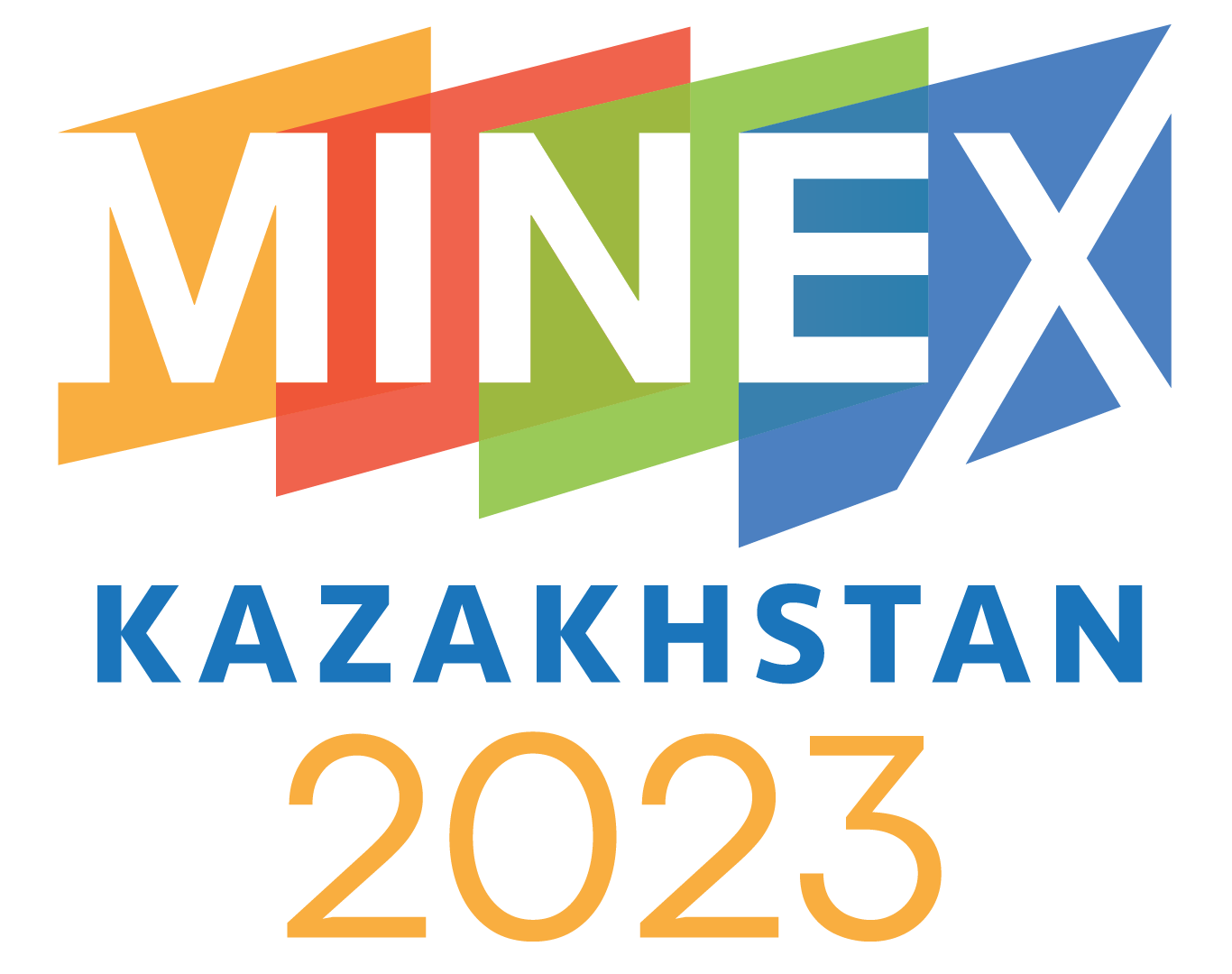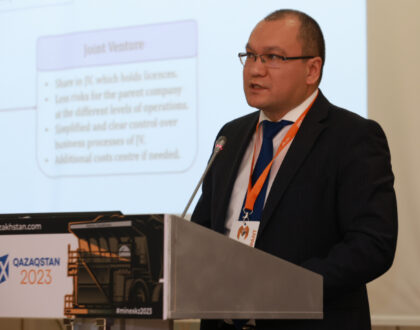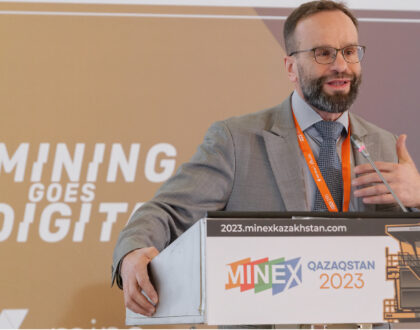Transition to KAZRC standards: course – on the evolutionary path

The Kazakhstan Subcommittee of the Geological, Mining, Coal and Metallurgical Industry recently discussed the issue of transitioning to international standards for the accounting and evaluation of mineral reserves of the KAZRC Code. The meeting revealed that the debate over the transition from the GKZ standard to the KAZRC Code is still ongoing, with several unresolved issues surrounding the latter standard. Nonetheless, the Kazakhstan Code of Public Reporting KAZRC, the Guidelines for Harmonization, the Procedure for Attracting Experts, and the Code of Professional Ethics of an Expert has been adopted, and the KAZRC and PONEN associations were created. Kazakhstan’s public reporting standards have been developed and adopted into the international CRIRSCO family. Although the KAZRC standard is currently being implemented alongside the GKZ standard, the latter will be fully phased out in 2024.
The KAZRC Association’s Executive Director, Saule Urazayeva, emphasized that the transition to KAZRC would improve transparency and reliability of the information on the state of the mineral resource base of Kazakhstan. She highlighted that the information provided to the government and potential investors should be the same, without double standards. She also stressed that the introduction of international standards would increase the competitiveness of the geological and mining industries of Kazakhstan and attract foreign and domestic junior companies. Urazayeva argued that the subsoil of Kazakhstan is underexplored, and discoveries are made through investment attraction, especially by junior companies.
However, Nikolai Kamensky, the General Director of “Two Key” LLP, disputed the idea that CRIRSCO standards would attract more investment in the exploration and development of deposits, pointing out that there has been no growth in investment in geological exploration in Kazakhstan over the years of implementing KAZRC standards. He argued that the reason for the disparity between Kazakhstan and countries like Canada and Australia is the absence of a specialised stock exchange which could facilitate funding which cannot be matched by the banks. He added that the provision of confidential reports rather than public reports to subsoil users also hinders investment attraction. Kamensky noted that during the transition from GKZ to KAZRC, companies would need to conduct additional exploration work, incurring additional costs. Furthermore, any business could be “strangled” by raising taxes, increasing the number of permits, or delaying the process of obtaining permits.
The full transition to KAZRC would require solving several tasks, such as ensuring transparency and reliability of the state balance sheet, monitoring compliance with reports on mineral resources and reserves, and incorporating ESG principles and requirements into KAZRC standards. Domestic specialists would also need to be trained to perform the analysis of modifying factors and determine the categories of mineral resources and reserves.
Summing up the discussion, Zhandos Abishev, Advisor to the Chairman of the Presidium of the NCE RK “Atameken”, supported the initiative to introduce a transition period during which a common vision will be formed, a roadmap for the transition to the KAZRC Code will be implemented in practice. He expressed the opinion that the introduction of standards concerns not only the system of calculating reserves but also affects the issues of taxation, interaction with the stock exchange, second-tier banks, development institutions, state financing of the industry, the development of science, increasing the prestige of the profession in the mining and metals sector and others that need to be considered in a complex.
In conclusion, the transition from GKZ to KAZRC standards in Kazakhstan is on an evolutionary path. While some view the transition as an essential step towards transparency, reliability, and competitiveness, others point out the challenges that come with the switch. Nonetheless, KAZRC standards have been adopted and implemented in Kazakhstan and are working alongside the GKZ standard until the latter is phased out in 2024. The debate over the transition from the GKZ standard to KAZRC is likely to continue, as stakeholders weigh the benefits and drawbacks of the move.



